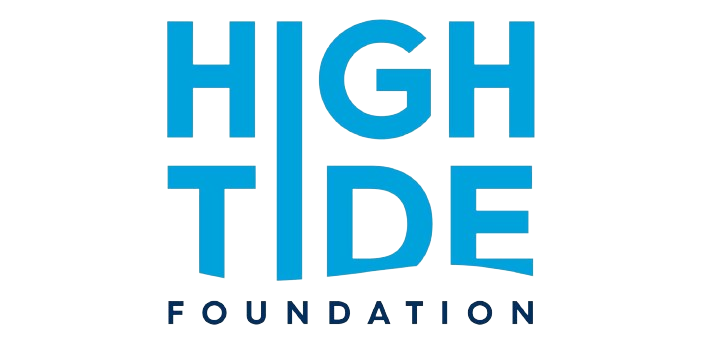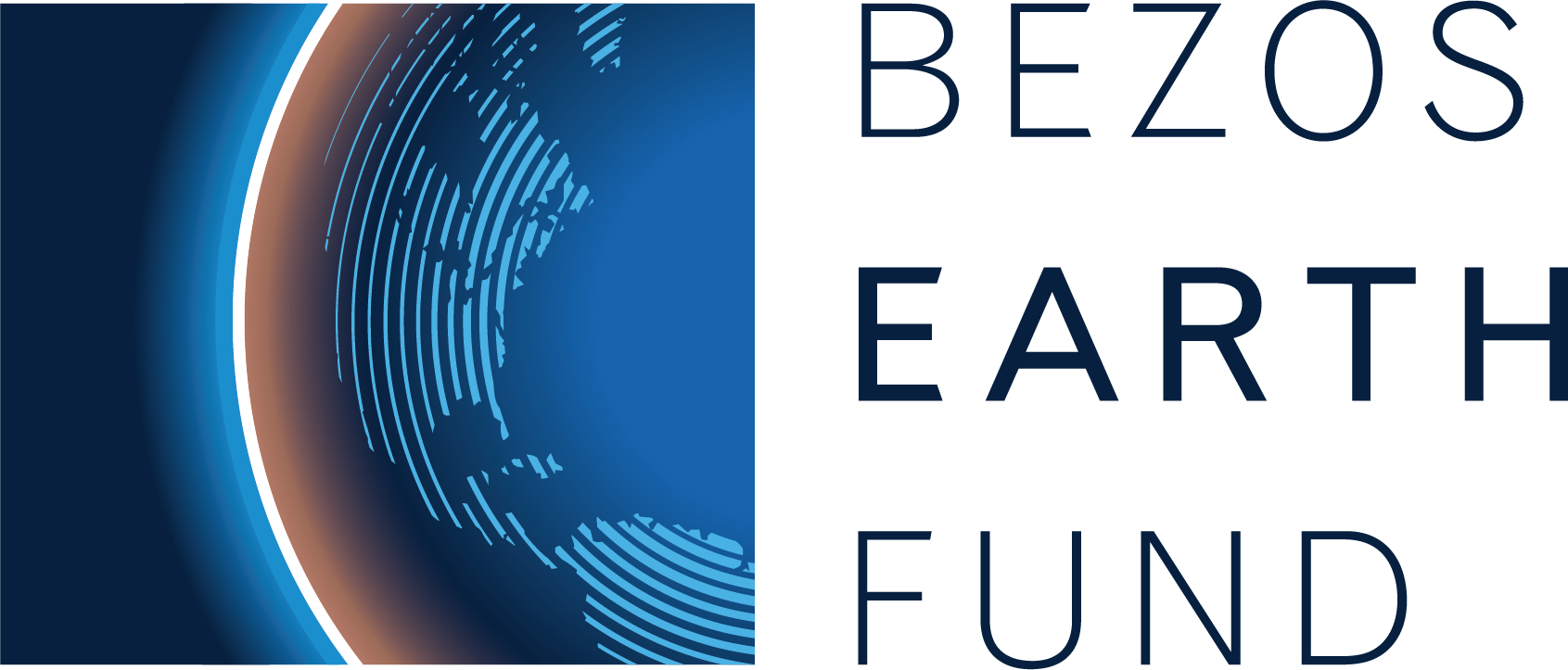High‑integrity carbon markets: the opportunity for African countries
Written by ICVCM
Published
6 min read
African countries are on the front line of the climate crisis. High-integrity carbon markets offer a route to unlock finance for climate action and sustainable development.
High‑integrity carbon markets can help attract private investment that would not otherwise be deployed, to create jobs and improve livelihoods while supporting the achievement of national climate goals (Nationally Determined Contributions (NDCs)).
The Integrity Council for the Voluntary Carbon Market exists to make this opportunity investable by setting a clear, science‑based threshold for quality in carbon credits through its Core Carbon Principles (CCP®).
Why this moment matters
Communities across African countries are already experiencing the effects of the climate emergency – from prolonged droughts to extreme heat and flooding – despite contributing a small share of global emissions. Yet finance to support African countries remains inadequate. Traditional sources of development funding are under pressure, with foreign aid budgets projected to fall by up to 17% globally in 2025, even as needs grow.
Meanwhile, Africa faces an annual $130–170 billion shortfall just to meet infrastructure needs, with additional hundreds of billions required for climate adaptation and mitigation alongside economic development.
High‑integrity carbon markets can help close part of this gap by channelling new finance directly to African projects.
The market potential is significant. In a high‑integrity scenario, the voluntary carbon market could be worth $1.1 trillion annually by 2050. African countries were responsible for nearly 20% of issuances in 2024, an over 200% annual increase since 2020 according to MSCi. However, nature‑based opportunities remain especially underutilised – Africa has leveraged just ~2% of its nature‑based mitigation potential via carbon markets to date. Done right, high‑integrity African carbon markets could mobilise up to $6 billion a year by 2030 and support as many as 30 million jobs, catalysing climate‑resilient growth.
What high-integrity means for African carbon markets
To continue this growth in African carbon markets in a way that drives positive impacts, it is essential that countries align with global high integrity standards to build confidence among increasingly discerning buyers of carbon credits.
It is also essential that African countries make their priorities clear for carbon markets so that benefits can be maximised. This includes ensuring that standards take local contexts and priorities into consideration and that new approaches and innovations are harnessed to enable all countries and communities to participate actively.
Several relevant areas of such innovation are being explored through the ICVCM’s Continuous Improvement Work Programs that will help the markets to scale.
These include looking at how carbon crediting methodologies of particular importance in Africa can be deployed in alignment with the Core Carbon Principles – for example, energy transition and renewables methodologies. New approaches to various elements of carbon project implementation to reduce costs and improve efficiencies are also an area of focus. These include digital Measurement Reporting and Validation (MRV) since conventional MRV systems face constraints in efficiency, accuracy and scalability. Digital approaches have the potential to significantly reduce transaction costs, but there are barriers to implementation, which we will be exploring further.
Verification-related delays could cost project developers up to $2.6 billion by 2030 according to a recent report. Our Continuous Improvement Work Program will explore how we can overcome barriers and identify scalable solutions for VVB oversight and other evolutions to reduce costs and increase efficiency.
Many projects across Africa are small in scale, Another Continuous Improvement Work Programme is looking at how small projects can be supported to meet high integrity thresholds in a way that is affordable
The CCPs set an independent global threshold for what a high‑integrity carbon credit looks like and can be used by African governments as a practical reference for policy design. Aligning with the CCPs helps countries:
- Attract investment and de‑risk market participation by meeting a globally recognised standard.
- Create jobs and deliver on NDCs, by scaling activities that generate measurable emissions impact and sustainable development benefits.
- Reduce market fragmentation and inter-operate with Article 6, since the CCPs complement the UN framework and can be integrated with domestic rules to enable seamless use in voluntary and, where appropriate, compliance contexts.
Progress and momentum to build on
African countries can harness the growing momentum in the establishment of global high-integrity carbon markets to help achieve their own priorities:
- Globally, there are an estimated 445 million credits in the pipeline (registered, under validation or transitioning – not including projects still under development).
- The Integrity Council has approved 7 carbon‑crediting programs as CCP‑Eligible and 28 methodologies as CCP‑Approved.
- Over 120 new projects using CCP‑Approved methodologies are under development globally, with a significant share in Africa – so supply will grow as projects transition.
Carbon project types with particular relevance for the African context include clean cooking and household energy, REDD+ and Improved Forest Management – for which some methodologies have already been CCP approved. Methodologies for soil carbon, agricultural projects including methane reduction, as well as renewables, and landfill gas or waste methane avoidance projects are in the ICVCM’s assessment pipeline.
Government policy alignment to unlock investment
Many African governments including Kenya, Ghana, Mozambique, South Africa, Rwanda, Tanzania, Uganda, Egypt, Senegal, Cote d’Ivoire and Zambia, are already advancing domestic frameworks for carbon markets as part of their climate and development strategies.
Aligning with the CCPs provides a pragmatic way to connect national systems with international demand, support the achievement of NDCs, and reduce fragmentation. Aligning with the CCPs helps African countries engage more effectively in international markets to unlock their full potential in create jobs, improving livelihoods and delivering on NDCs.
Ways policy makers can align:
- Use the CCPs and Assessment Framework as a policy reference when drafting or refining national carbon market rules.
- Encourage projects to transition to CCP‑Approved methodologies and signal recognition of the CCP label where appropriate.
- Engage with the Integrity Council’s Continuous Improvement Work Programs (CIWPs) – including work on transparency of finance flows, oversight of validation and verification bodies, digital MRV and simplified routes for small projects – to help remove barriers and reduce costs for market actors. These multi‑stakeholder groups inform enhancements to the Assessment Framework and help the broader market evolve in line with the latest science and best practice.
A practical invitation
African governments can lead a new chapter for carbon markets – one defined by trust, measurable impact and tangible benefits for communities. If you would like the Integrity Council to brief your ministry, speak at a workshop or advise on embedding the CCPs into your framework, contact us at info@icvcm.org.
The Core Carbon Principles
The Core Carbon Principles (CCPs) are ten fundamental, science-based principles for identifying high-quality carbon credits that create real, verifiable climate impact.

Stay in touch
Sign up to the Integrity Council’s newsletter for ongoing updates on high-integrity in the voluntary carbon markets.
Newsletter








